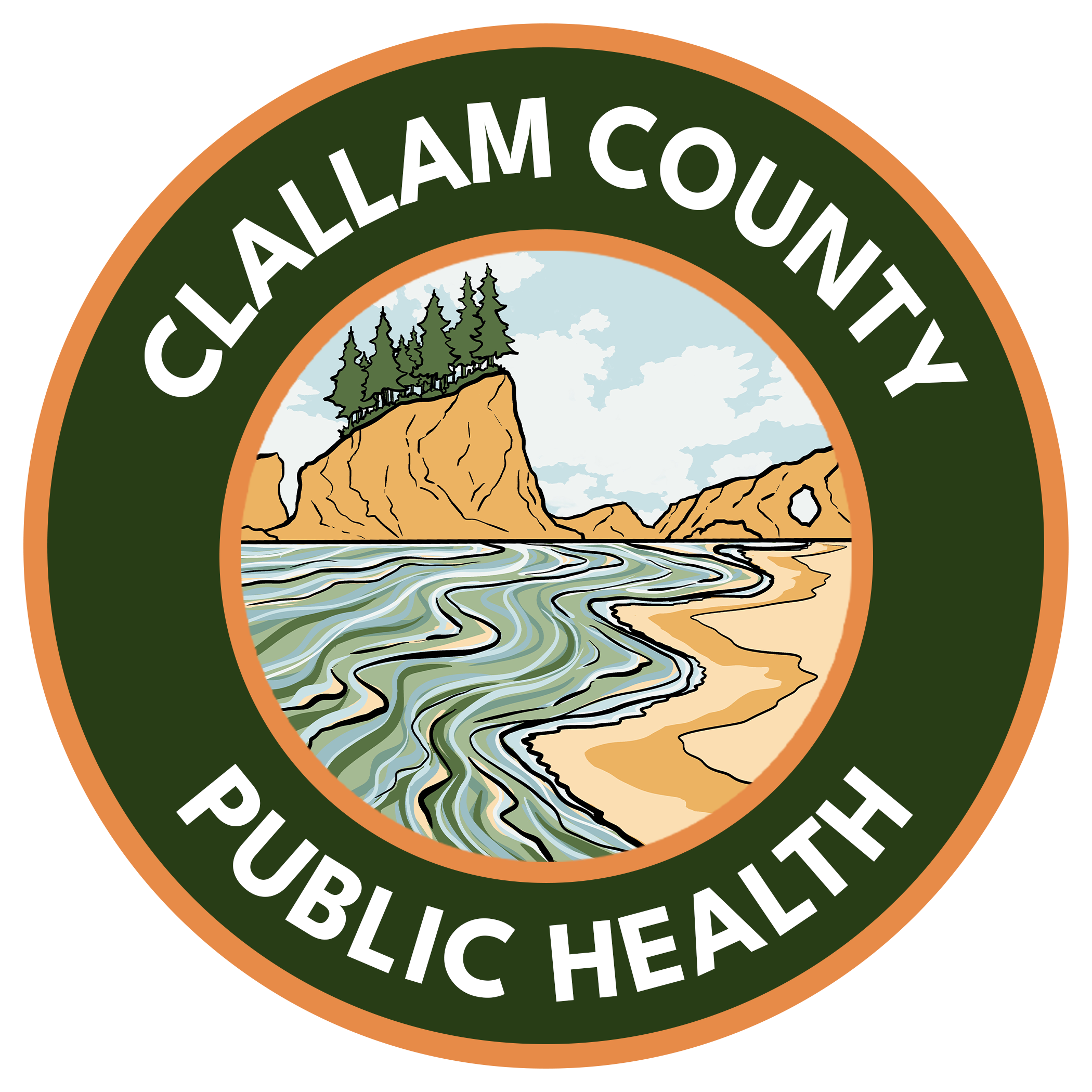COVID-19 Updates for Providers
Requested actions
- Be aware, Centers for Disease Control and Prevention (CDC) and Western States Scientific Safety Review Workgroup recommend everyone 16 years or older get a COVID-19 vaccine booster dose at the recommended interval. This recommendation comes after Food and Drug Administration (FDA) expanded its emergency use authorization (EUA) for Pfizer-BioNTech COVID-19 vaccine booster doses to 16- and 17-year-olds.
- Be aware, FDA issued an EUA for AstraZeneca’s Evusheld for COVID-19 pre-exposure prophylaxis for people who:
- Are 12 years or older, and
- Weigh at least 88 pounds, and
- Are not currently infected with SARS-CoV-2, and
- Have not been able to mount an adequate immune response to COVID-19 vaccination OR have a history of severe adverse reactions to COVID-19 vaccine or its components.
- Be aware, Evusheld supplies are, initially, very limited. All doses will be allocated through Health and Human Services’ Healthcare Partner Ordering Portal (HPoP).
- Email mcm@doh.wa.gov to register for HPoP training, held 9–10 a.m. on Tuesdays in December.
- Be aware, CDC issued a health advisory warning of COVID-19 variant of concern Omicron (B.1.1.529). Pierce County has at least 1 Omicron case; investigation continues.
- Consider Omicron as part of your differential diagnosis for patients who present with generalized fatigue or malaise. Many cases of Omicron are linked with mild, generalized symptoms. Preliminary evidence suggests no unusual symptoms are associated with Omicron.
- Take a travel history for all suspected or confirmed COVID-19 cases before community transmission of Omicron becomes more prevalent.
- Notify the Health Department of a confirmed case with history of international travel within 14 days before symptom onset or positive test, if asymptomatic.
- Notify the Health Department of all close contacts of a confirmed case of Omicron infection.
- Continue to follow National Institutes of Health (NIH) treatment guidelines for COVID-19 infection. No data exists yet about the effectiveness of monoclonal antibodies or antiviral therapies against Omicron.
- Remind patients how to prevent COVID-19 infection and stop its spread:
- Wear a well-fitted mask.
- Maintain physical distance.
- Get vaccinated.
- Ensure good ventilation.
- Get tested if you have symptoms or have been exposed.
- Certain PCR tests can screen for Omicron because of its S gene deletion. Ask your labs if they can monitor for Omicron. Labs should send possible Omicron specimens to DOH Public Health Lab for sequencing.
COVID-19 vaccine resources
- FDA booster dose updates.
- EUA fact sheets for recipients and caregivers:
- COVID-19 vaccine locator, DOH.
- COVID-19 vaccine provider toolkit and resources, DOH.
- COVID-19 vaccination for providers, CDC.
- Clinical considerations for COVID-19 vaccination and guidance for managing anaphylaxis, CDC.
- COVID-19 vaccine quick reference guide for healthcare professionals, CDC.
- COVID-19 vaccine training module on best practices for providers, CDC.
COVID-19 testing resources
Patient education
Share the following materials with patients.
- What to do if you have COVID-19.
- What to do if you may have been exposed to COVID-19.
- What to do if you have COVID-19 symptoms and have not been tested or exposed.
Immediately report COVID-19
To report, call the reporting line.
